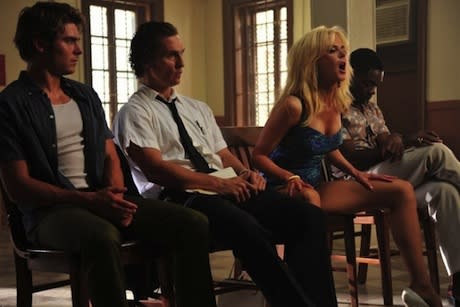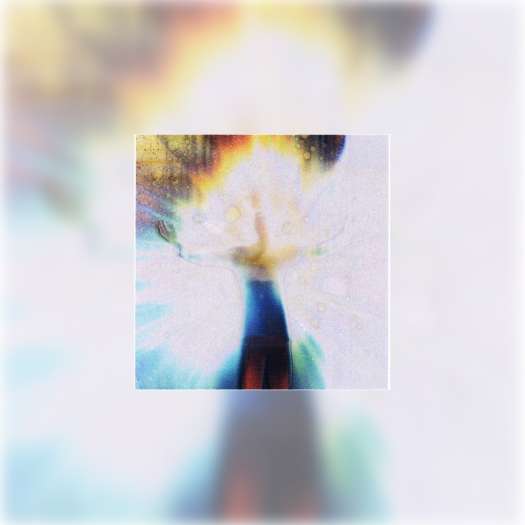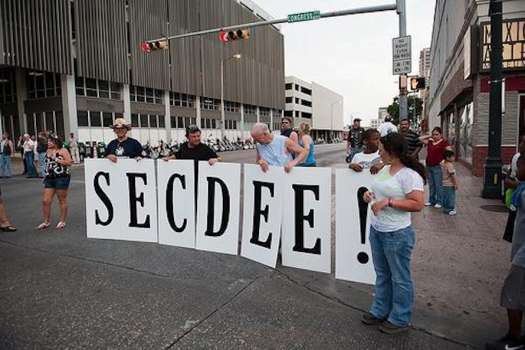Lee Daniels' adaptation of Pete Dexter's sleepy Southern gothic novel, The Paperboy, is many things: social satire; pulpy throwback; noir mystery; demystification of Southern gentility; and, most importantly, a deeply bleak coming-of-age story. Jack Jansen (Zac Efron), the son of a minor newspaper mogul and local swimming champion, is at an identity crossroads. Lacking an abundance of motivation or ambition, he loafs around home exchanging bon mots with his subdued, but snarky maid (and ersatz mother figure), Anita (Macy Gray), helping older brother Ward (Matthew McConaughey) chase a huge story about Hillary van Wetter (John Cusack), an aggressive, somewhat uncouth swamp-dweller accused of murdering the local sheriff. As framed, this deliberately grainy and stylistically fragmented work — taking on the aesthetic of low budget, late '60s exploitation films — presents itself as a disjointed mystery, with a morbid preoccupation with the sensationalized idiosyncrasies of secondary characters. As Ward and his assistant, Yardley (David Oyelowo), work towards discovering the truth about the central murder charge, Jack's partially obscured and sexually preoccupied perspective guides the narrative, finding constant distraction with Charlotte Bless (Nicole Kidman), an overdone Barbie doll of a death row groupie working with Ward to prove her man (who she's only met through correspondence) innocent. His constant interpersonal detours from the investigation, flirting with Charlotte, having his first sexual-adjacent experience with her on a beach — she urinates on his chest and face after he's attacked by jellyfish — and realizing just how subjugated and oppressed Anita is, create a hyperbolized sense of innocence being lost. The garishness of it all, with sexuality presented as a monstrous, grotesque act of self-loathing for outsiders like women, blacks and homosexuals, has an atonal rage and worldly disgust that's almost contrary to the oft-comic template. As Jack starts to fantasize about screwing this cougar of a newcomer — an attraction that's surely rooted in his absent mother issues — he becomes conscious of his brother's sadomasochistic, homosexual tendencies as a form of self-punishment. Similarly, he begins to understand that Charlotte's hormonal fixation on a hyper-violent man suggests an imposed hatred of self. While these adult realizations imposing on someone destined for a life of proposed normalcy — a straight white man — work as a metaphor for the greater loss of youthful naivety associated with the gradual maturity of a nation founded upon the idea of freedom, there's never a sense of thematic cohesion. Daniels has utilized the trashy, drive-in movie style of the times he depicts, constructing real characters out of those exploited and denigrated in those particular films to create an ironic, self-reflexive work of academia. Though it's a clever tactic, it also gives everything a referential and comedic sensibility that doesn't quite match the overall hostility and depressingly candid message, leaving everything less effective than it could be. The style isn't discussed much in the interviews and featurette included with the Blu-Ray, but Daniels does divulge that he didn't want Zac Efron to play the lead until he watched Me and Orson Welles with his boyfriend and saw that Efron might actually possess a bit of range.
(D Films)The Paperboy [Blu-Ray]
Lee Daniels

BY Robert BellPublished Aug 10, 2013



